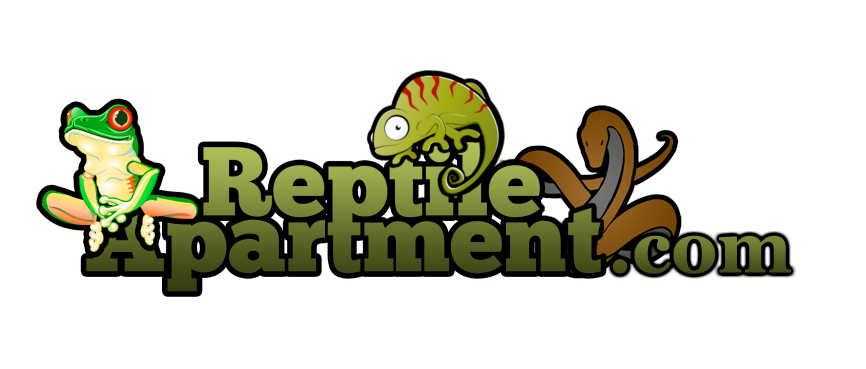Authored by Eric Roscoe of the Madison Herpetological Society *Special Thanks to Ryan McVeigh of Zilla for his assistance in getting this piece to Reptile Apartment.

Courtesy of Wikipedia O.J.
Monitoring Reptile Legislation
How do I know when an ordinance is being proposed for my area?
Unfortunately, legislation affecting the keeping of reptiles (and many other animals) is being proposed at all levels of government from federal and state, to county, municipality, or village and township. Oftentimes, some publicized incident involving the escape, human death or injury, or other occurrence by or of a reptile or other “exotic” animal is often enough to initiate a response by local officials to consider an ordinance. Regardless of how commonplace they actually are, these types of incidents are very frequently reported on in local news media. However, ordinances themselves are seldom reported on, or mentioned.
To Monitor for Local Ordinances in Your Community, Check:
1. Local News Media
2. City, County, or Municipality Agendas: Almost all have meeting agendas posted beforehand both at city/village halls, and online through the governing body’s respective website. This requires getting to know regular meeting schedules for the Common Council. Oftentimes, the process may be two-pronged, with a preceding committee proposing, discussing, and making changes to an ordinance before it is presented to the Common Council. Both types of committees are typically open to the public. The exact committees that handle reptile and exotic animal ordinances vary from community to community, but in most cases, it is a public health, safety, or similar committee.
3. State Legislature: Any state without Dangerous Wild Animal legislation and/or anti reptile legislation already in place can be expected to be a target for anti pet organizations. All state legislature websites have a variety of search options and features to find proposed legislation for current and past legislative sessions. Many states also have email and IM legislative notification and tracking services using keywords, subjects, bill numbers (once known), and others.
Secondary Sources
United States Association of Reptile Keepers (USARK): USARK is the only reliable national trade association organization representing pet owners, breeders, hobbyists, veterinarians, and many other sectors involved with reptiles and amphibians. Sign up for USARK’s free email list to stay up to date on news, information, and action items affecting herpetoculture on their website and on Facebook at www.usark.org
Local, State, and Regional Organizations: Many states have local, state, and/or regional herpetological societies and other state level organizations with the same or similar missions to USARK. Sign up to become an active member and participant for one or more of these organizations that may be in your area.
Other Things to Consider:
-All of these secondary aggregator sources rely on, and need *YOUR* help in monitoring for, and fighting local and state ordinances. They can’t do it all themselves or monitor for legislation in every city, county, or municipality.
-Don’t assume that someone else is already aware and taking care of it, or that the species you keep or have an interest in will not be affected. Chances are, neither is the case! Remember, each one of is USARK.
-Before raising the alarm, be sure the source of information is reliable and accurate. Reliable sources include a news article with mention of a proposed ordinance, a post or form of proposed legislation or ordinance on a government website, or personal contact/communication with legislators or local officials.
-Once an ordinance or bill is confirmed, spread the word by informing USARK and/or another secondary source listed above with as much information as possible.

